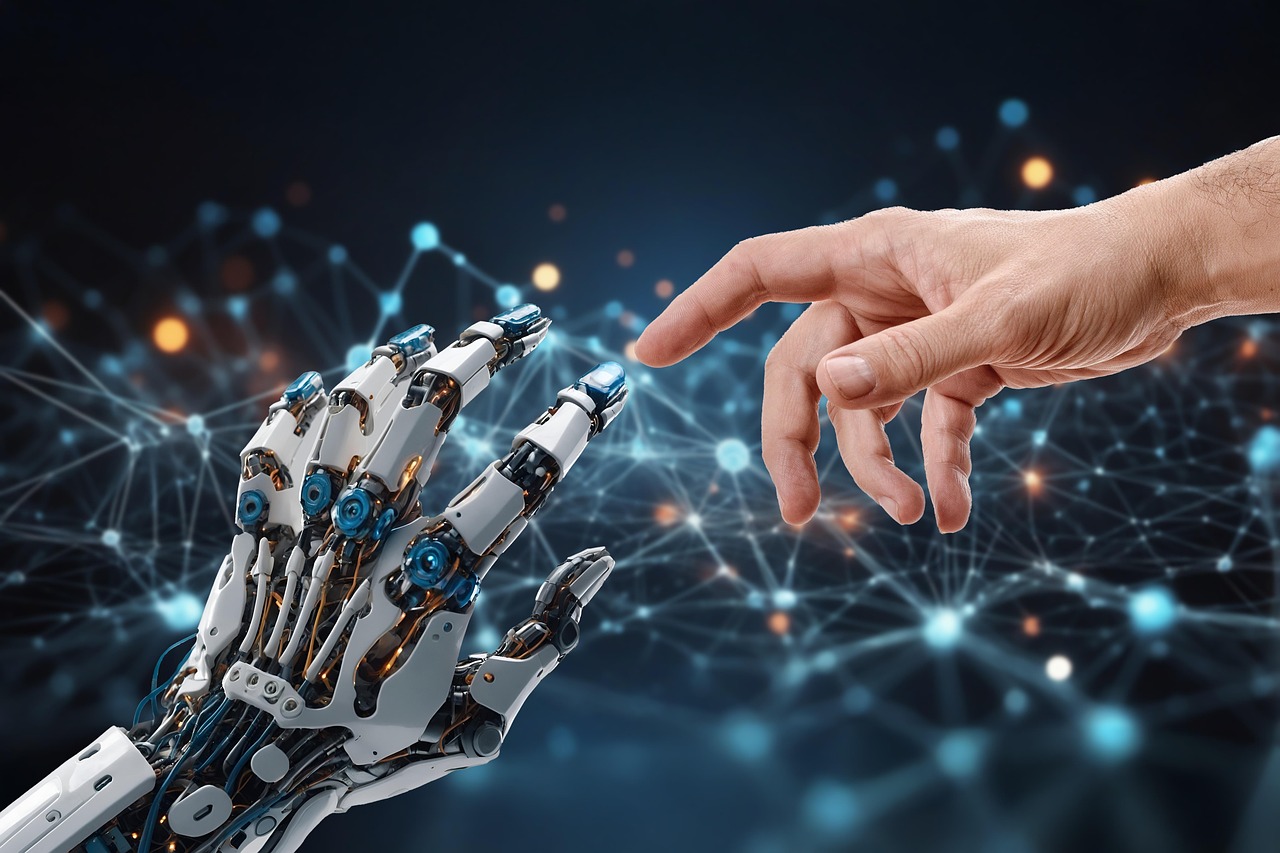A Question—or a Warning?
Your mom gave birth to you, raised you, knows the nights you cried.
But… Spotify knows which song will make you cry, Instagram knows exactly when you’ll smile, and TikTok knows what you’ll pause on.
So here’s the real question: Who truly knows you better—your mom or artificial intelligence?
The Invisible Watcher: How Powerful Are Your Digital Footprints?
Every day, we leave fingerprints on screens—likes, searches, scrolls, hesitations. Each micro-action becomes a puzzle piece added to your digital identity.
According to Statista (2024), the average person spends 2 hours and 31 minutes per day on social media. That’s more than enough time for an algorithm to get to know the real you—perhaps even better than you know yourself.
Meet the Algorithms: Code That Understands You
Meta’s AI can predict what you’ll like on Instagram with 85% accuracy before you even see it.
TikTok’s algorithm can, within just 30 minutes, infer your sense of humor, political leanings, personal fears, and even past traumas (WSJ, 2021).
Even more surprising? A 2018 study by MIT found that an AI trained on Instagram photo filters could detect signs of depression more accurately than some doctors (Reece & Danforth, EPJ Data Science, 2018).
And guess what? You don’t even need to post anything.
Simply existing online is enough. Your clicks, pauses, and scrolling patterns—all speak volumes.
Science Says: AI vs. Humans in Knowing You
In a groundbreaking study at Cambridge University, psychologist Wu Youyou and her team showed that AI could predict someone’s personality traits based on Facebook likes.
With just 70 likes, the AI outperformed friends;
with 150 likes, it surpassed family;
and with 300 likes, it even beat spouses (Youyou et al., PNAS, 2015).
So no matter how close your mom is, AI may statistically know your behaviors and preferences better than your inner circle.
What About the Future?
As AI gets to know us more deeply, our experiences online feel more “personalized,” more “accurate.”
But where’s the boundary?
This growing intimacy might not just be about better recommendations—it could mean subtle manipulation of emotions, beliefs, and choices.
Are we truly deciding what we think, feel, and buy? Or are we being gently nudged, one algorithmic push at a time?
An Ethical Turning Point: Transparency and Conscious Use
These developments don’t just highlight technological progress; they demand ethical awareness.
In a world where AI integrates so deeply into daily life, transparency, data privacy, and user control are no longer optional—they’re essential.
We must go beyond asking “Who knows me better?” and start asking:
Who is guiding my decisions—and do I have a say in it?
Most importantly, understanding AI is no longer a luxury for coders and scientists.
It’s a responsibility for all of us.
📚 Sources
- Youyou, W., Kosinski, M., & Stillwell, D. (2015). Computer-based personality judgments are more accurate than those made by humans. Proceedings of the National Academy of Sciences (PNAS).
- Reece, A. G., & Danforth, C. M. (2017). Instagram photos reveal predictive markers of depression. EPJ Data Science.
- WSJ (2021). How TikTok’s Algorithm Figures Out Your Deepest Desires.
- Statista (2024). Average daily time spent on social media worldwide.
🙌 Follow Us & Join the Conversation!
Want more eye-opening insights like this?
📲 Follow us on Instagram for AI truths and digital ethics explained simply:
@aitohope
💬 Question of the day:
Do you think AI understands you better than your closest friend? Why or why not?
Share your thoughts in the comments — we read every one!



